

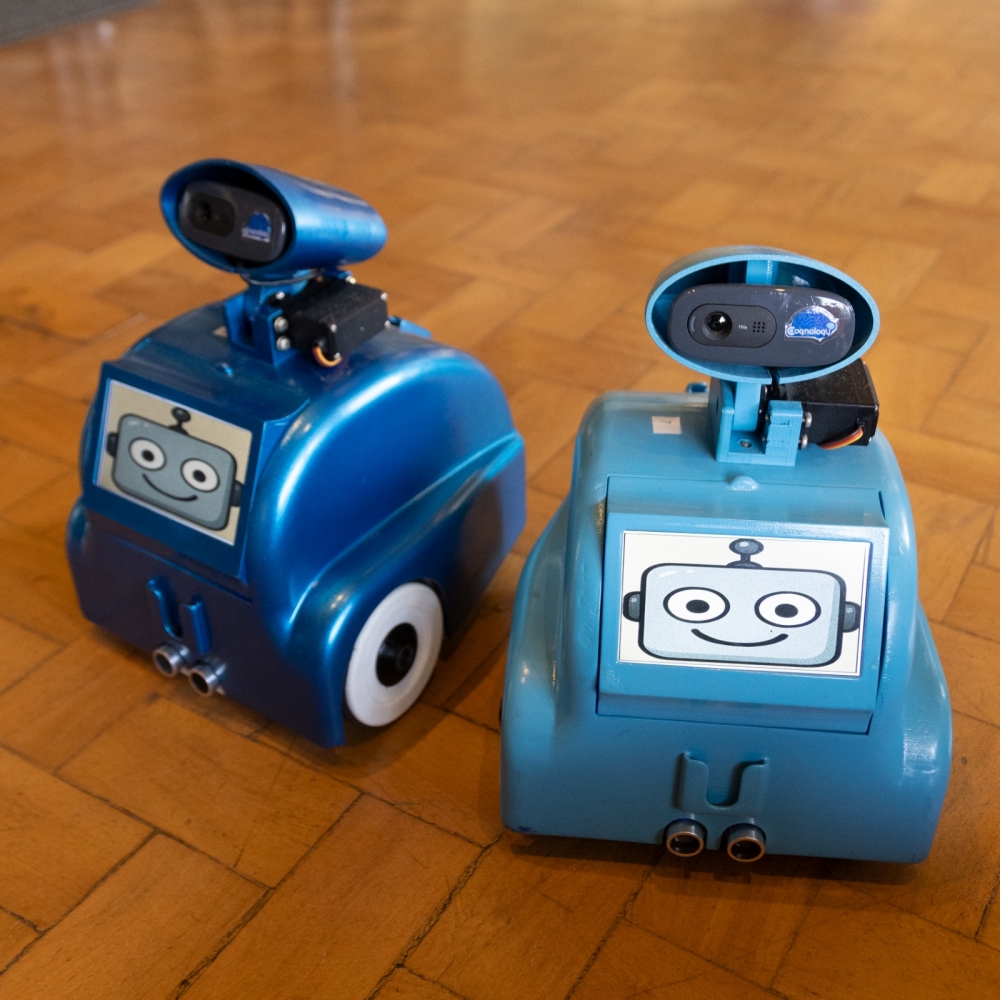
Brazilian startup supported by FAPESP develops technology to support teachers and identify individual student difficulties.
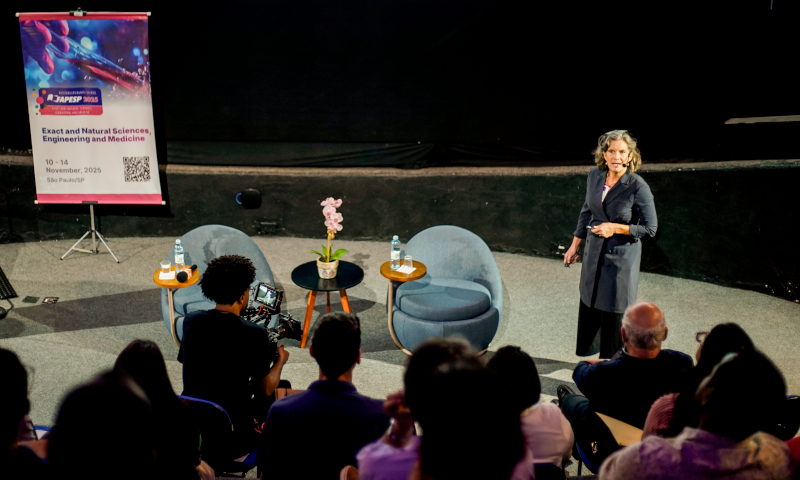
Conservation of natural areas should be a major factor in preventing new pandemics, said Felicia Keesing of Bard College during the first day of the FAPESP Interdisciplinary School.
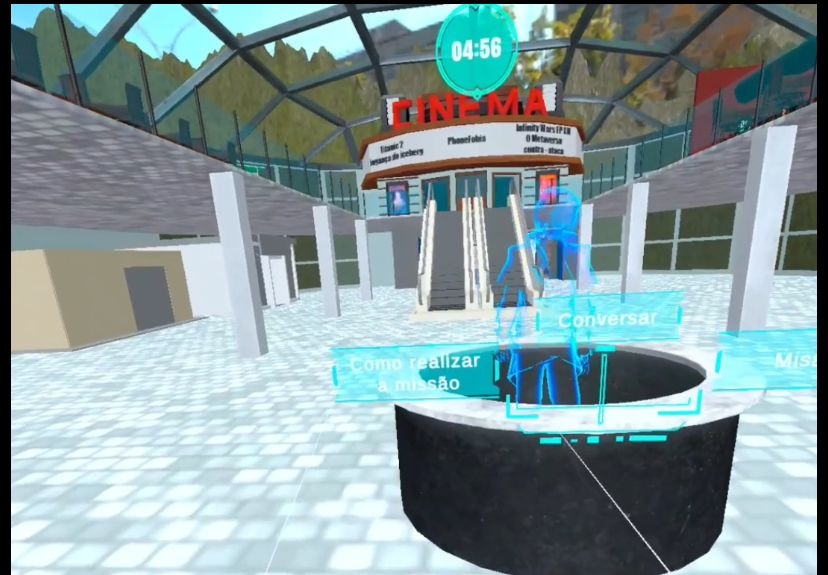
FAPESP-supported startup creates immersive educational solutions ranging from academic laboratories to team training in industries.
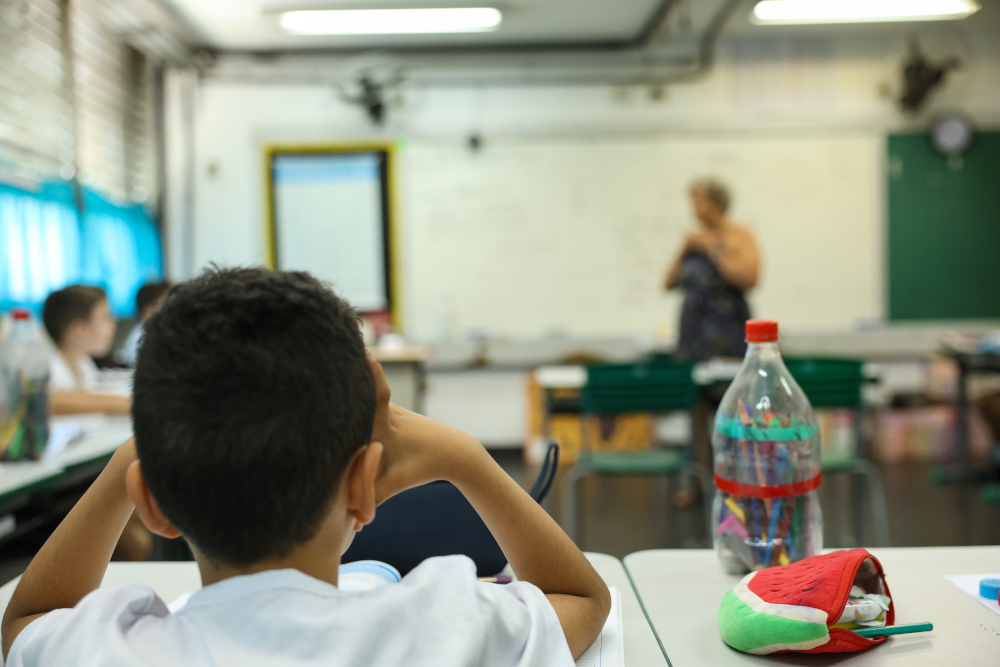
Research involving more than 2,000 Brazilians reveals that while everyone’s performance is consistently lower in the morning, the afternoon shift only improves the performance of students with few or no symptoms of attention deficit hyperactivity disorder.
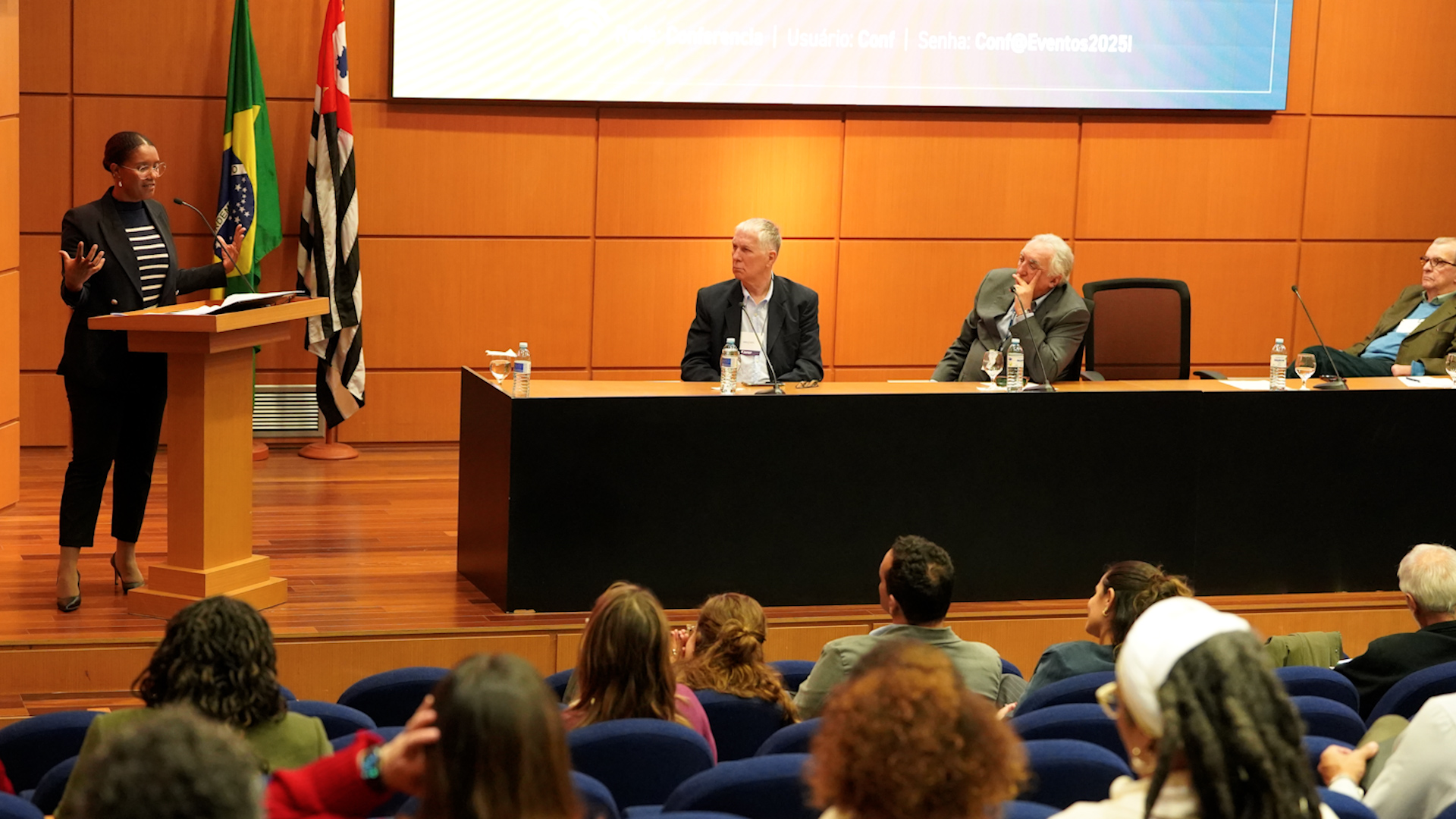
Eurídice Monteiro, the former Secretary of Higher Education in Cape Verde, delivered the 5th FAPESP 2025 Conference. She argued that science is a tool for liberation, grounded in African contributions, cognitive justice, and South-South integration.
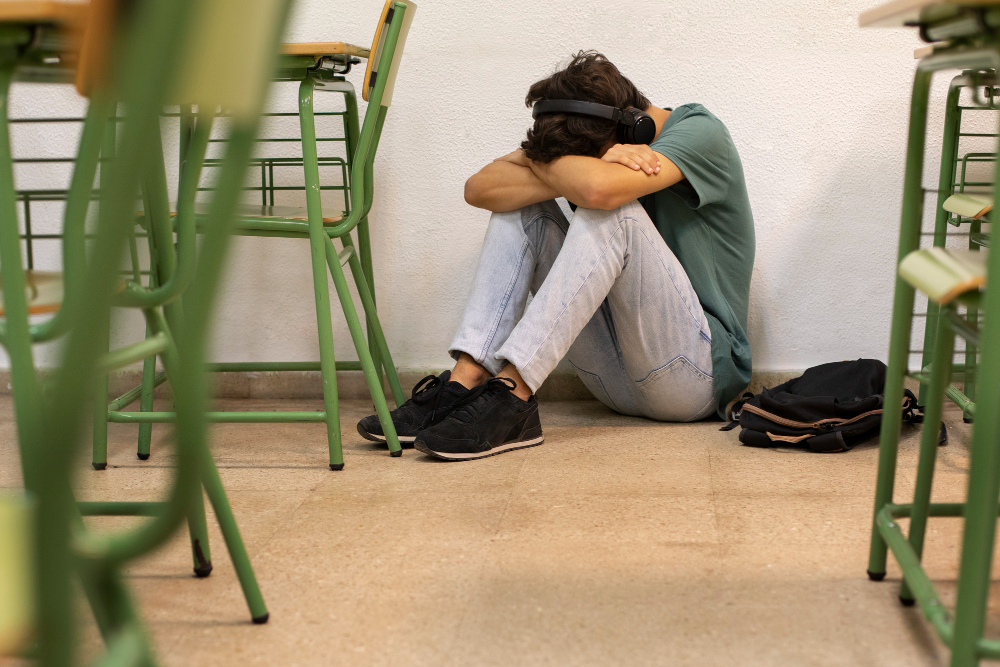
Based on individual interviews with adolescents and focus group discussions, researchers from São Paulo State University have created a classification of the coping strategies used by young people in situations of school bullying. The study also provides recommendations for educational institutions.

Tool allows users to produce their own maps of urban space using textual data, photos and videos.
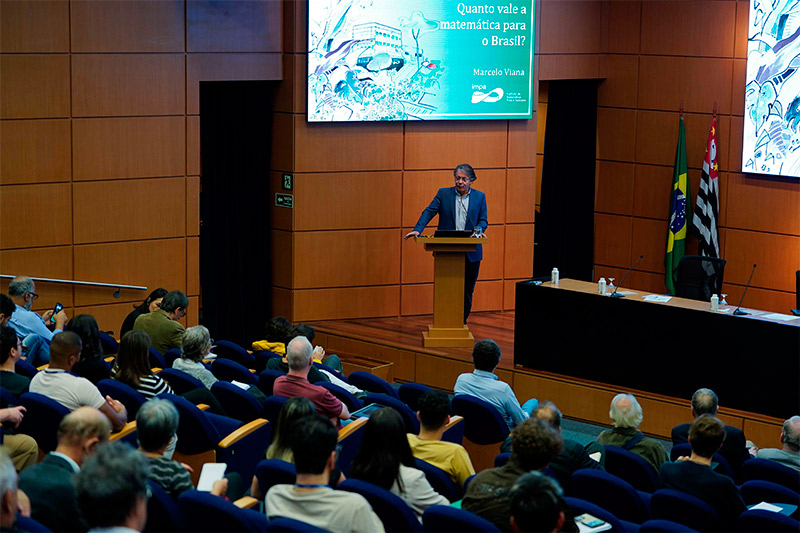
The fifth 2024 FAPESP Lecture asking “How much is mathematics worth to Brazil?” was delivered by Marcelo Viana, Director General of Brazil’s National Institute for Pure and Applied Mathematics (IMPA).
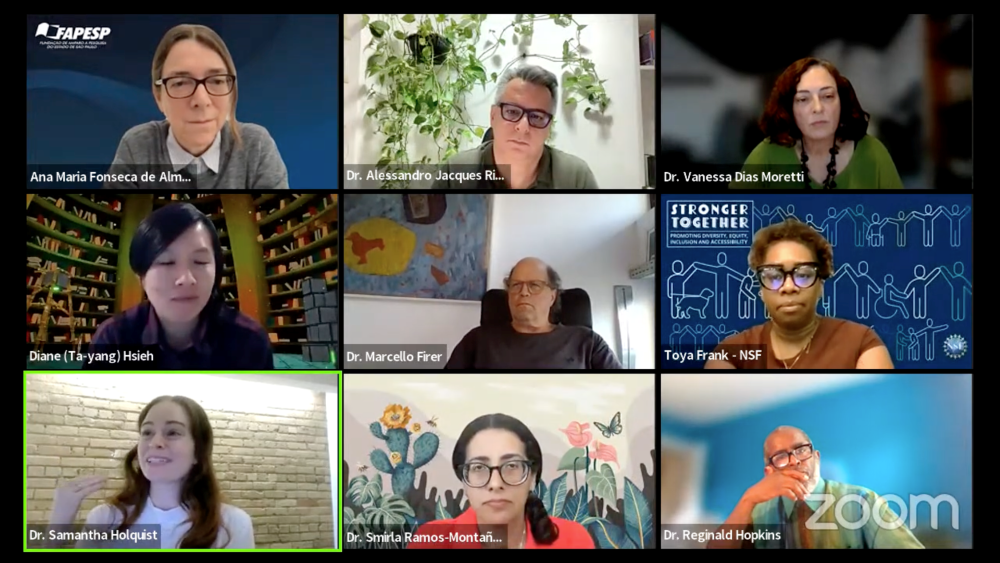
In an online seminar hosted by FAPESP and the U.S. National Science Foundation, researchers presented on initiatives aimed at promoting equity in science, technology, engineering and mathematics (STEM).

Game challenges the player to find and eliminate all Aedes aegypti mosquito hotspots.
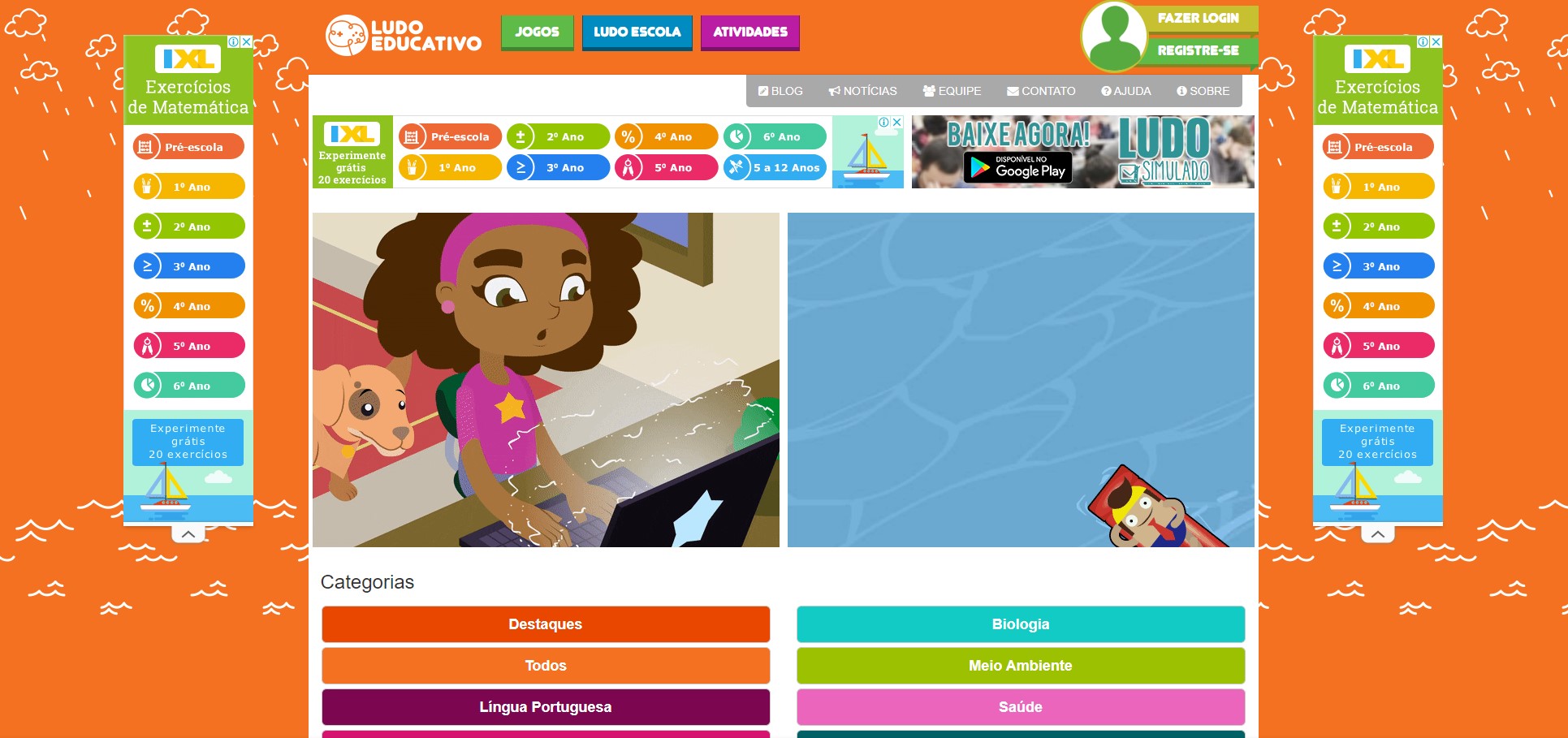
Dissemination project of the Center for the Development of Functional Materials – a research center supported by FAPESP and based at the Federal University of São Carlos – is aimed at primary and secondary school students and teachers.

A survey of 5,500 Brazilian and Italian school students aged 14-16 pointed to nationality, social perceptions of science and household income as more influential than religion. The findings are published in PLOS ONE.
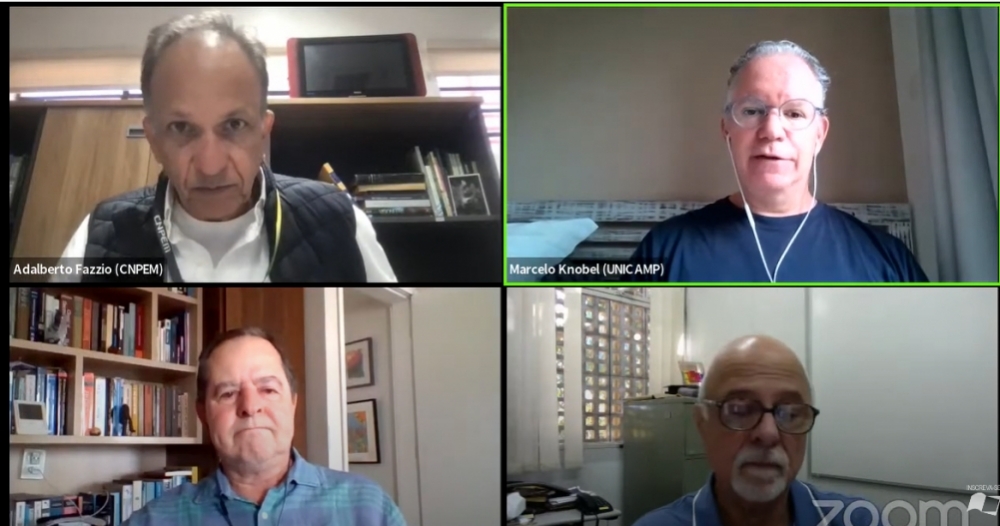
Quantum materials were the focus for the 12th FAPESP 60 Years Conference, which featured leading experts in the field.
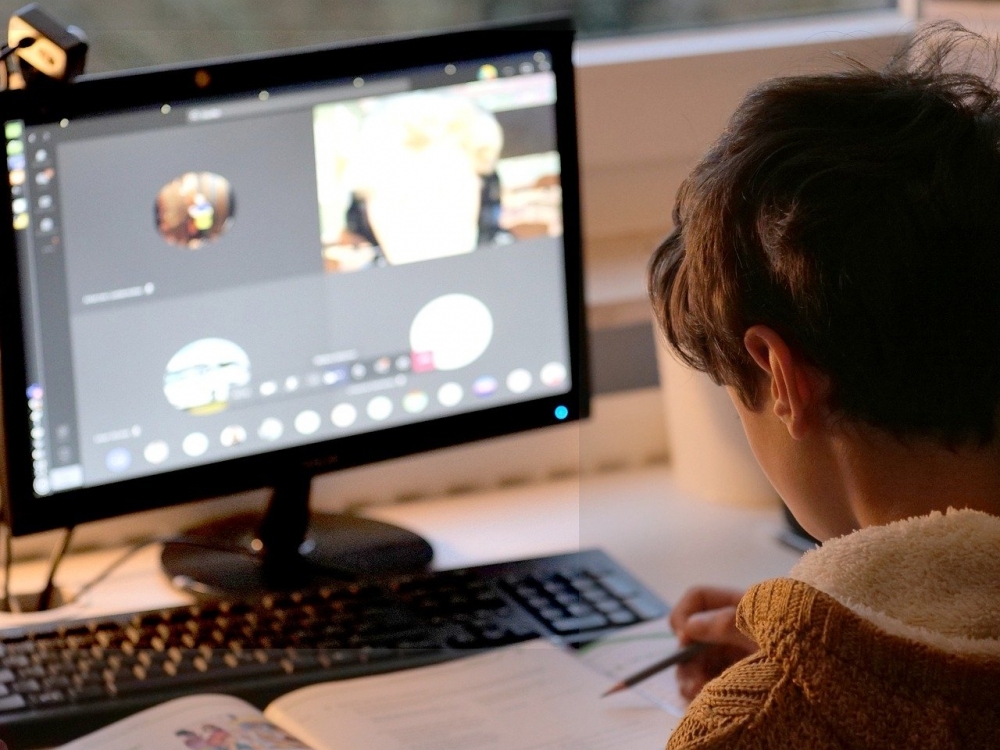
Study involving 672 Brazilians aged 16-24 with internet access showed that distance education did not have a direct impact on mental health.

Participants in the fifth FAPESP 60 Years Conference discussed the use of evidence and data to improve education.
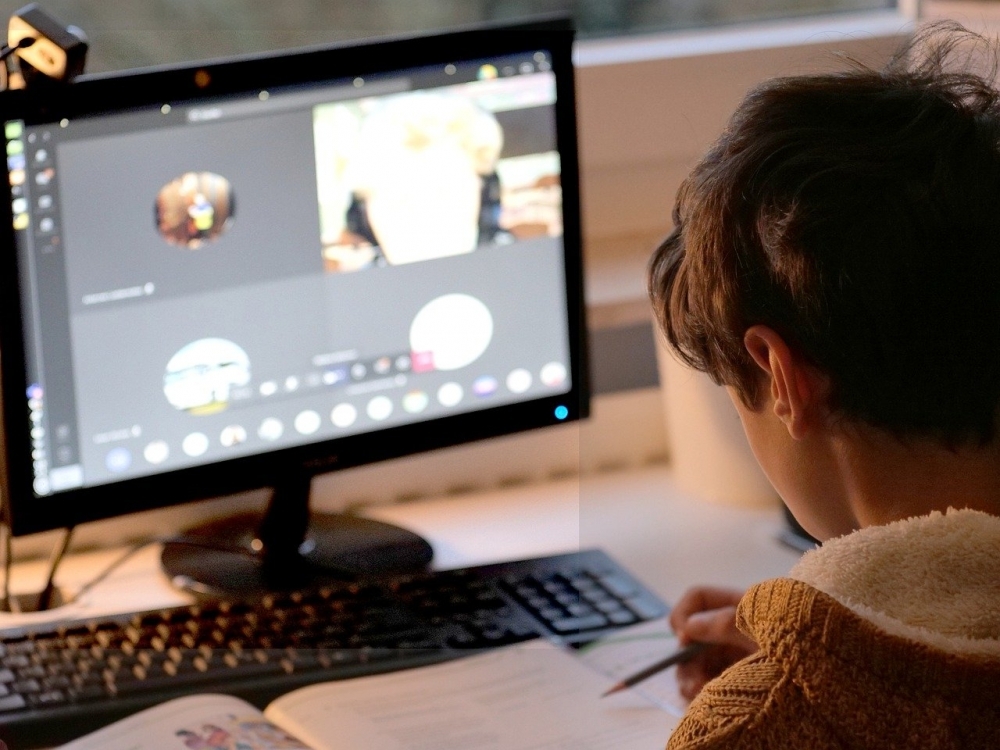
In an online seminar hosted by FAPESP, researchers from Brazil, the United States and France analyzed the impact of the pandemic on educational inequality.

The new Applied Research Center’s mission is to conduct research that can provide input for public policies. FAPESP is partnering with the Maria Cecilia Souto Vidigal Foundation and INSPER to mount the initiative.
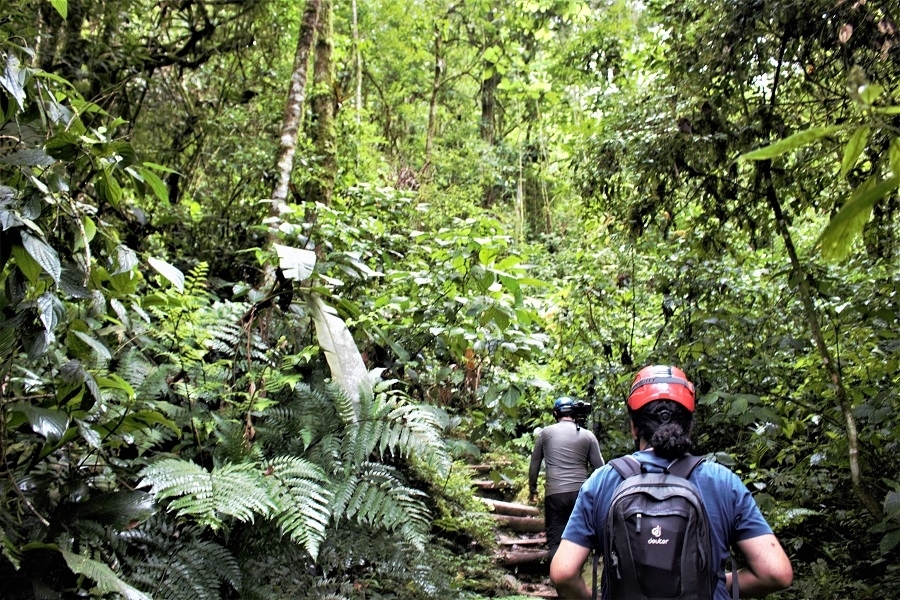
An article in Science Advances shows high school students are steadily becoming more sensitive to environmental and scientific ideas. However, interest is uneven in regional terms. It is most intense in the North, less so in the Southeast.

Tool developed by a firm supported by FAPESP is being used to assess student learning in primary and secondary schools in the state of São Paulo.
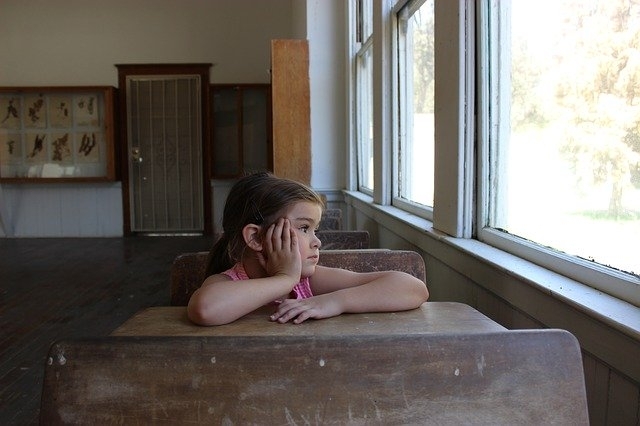
Scientists from Brazil and France argue for the need to train teachers to stimulate this ability in the classroom, which is considered to be essential in the context of the 21st century; the topic was debated at FAPESP Week France.